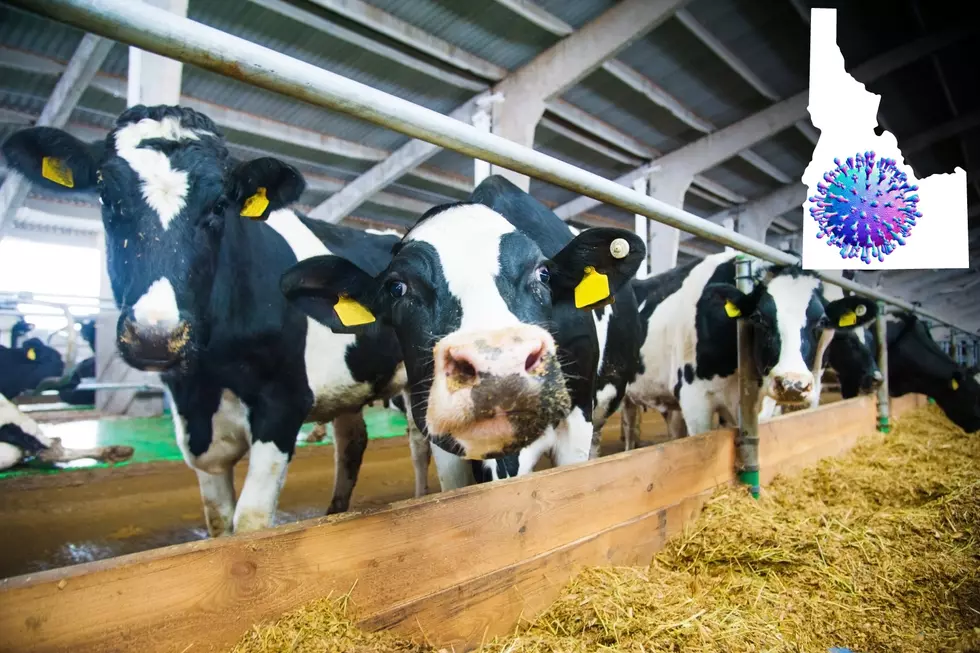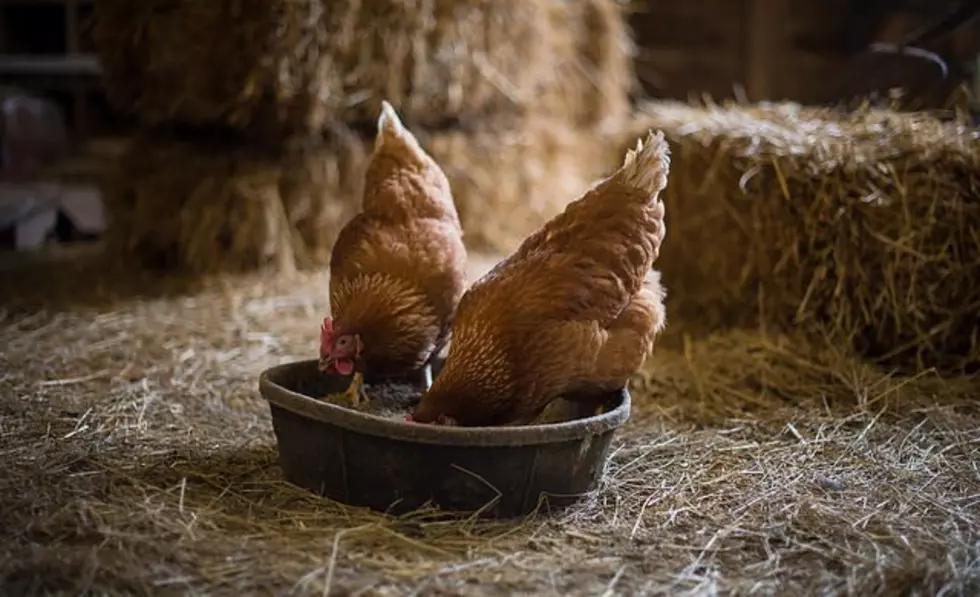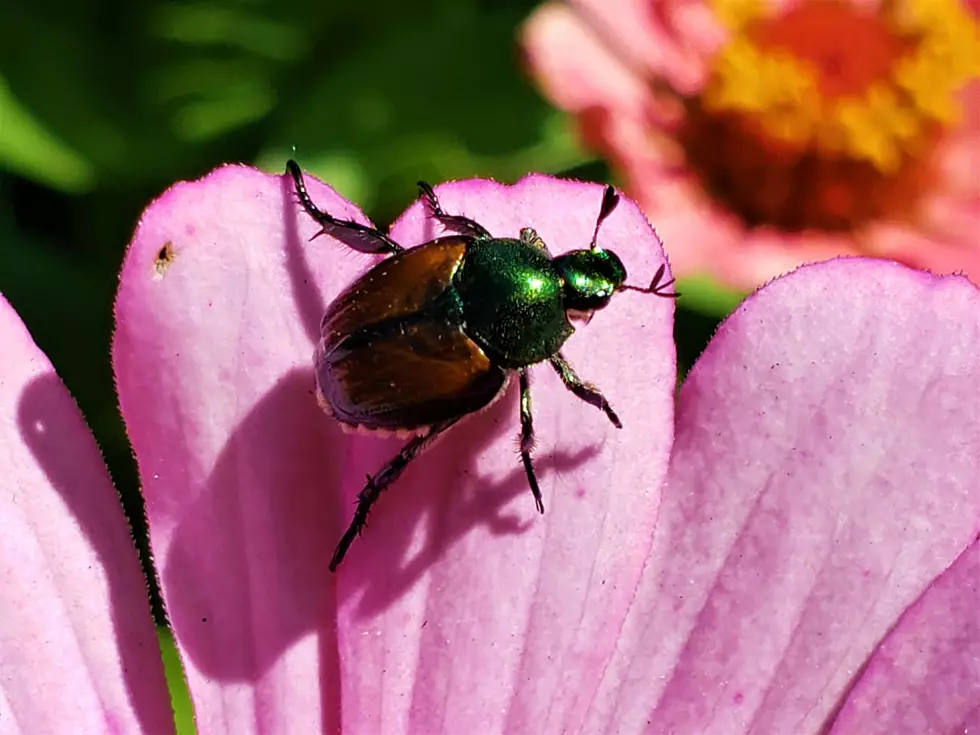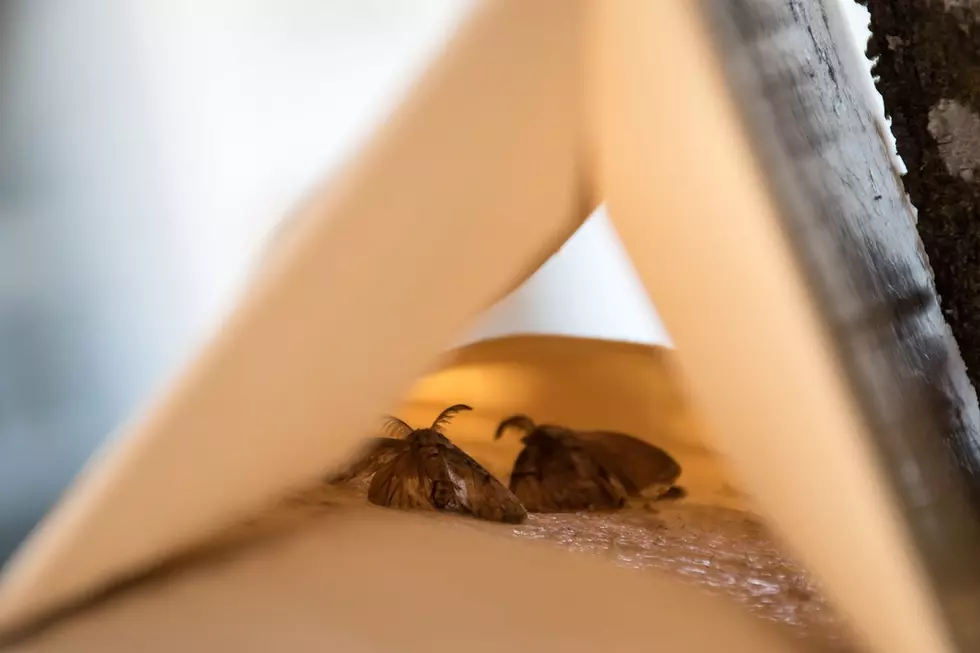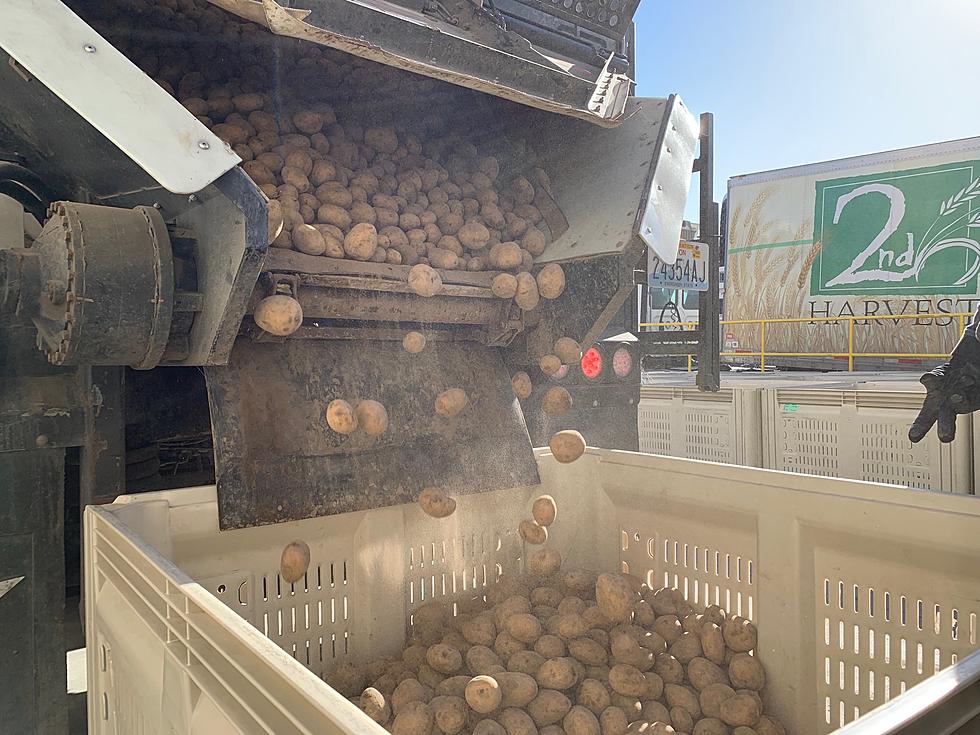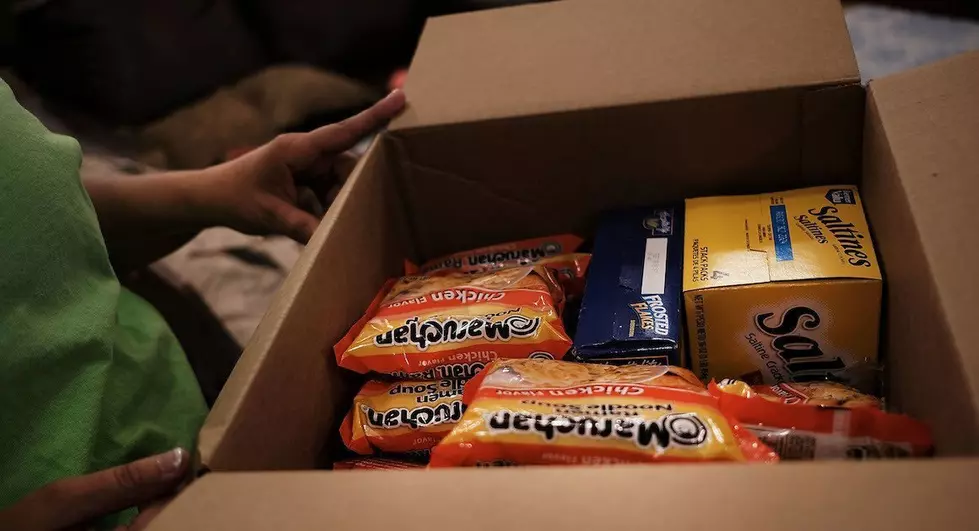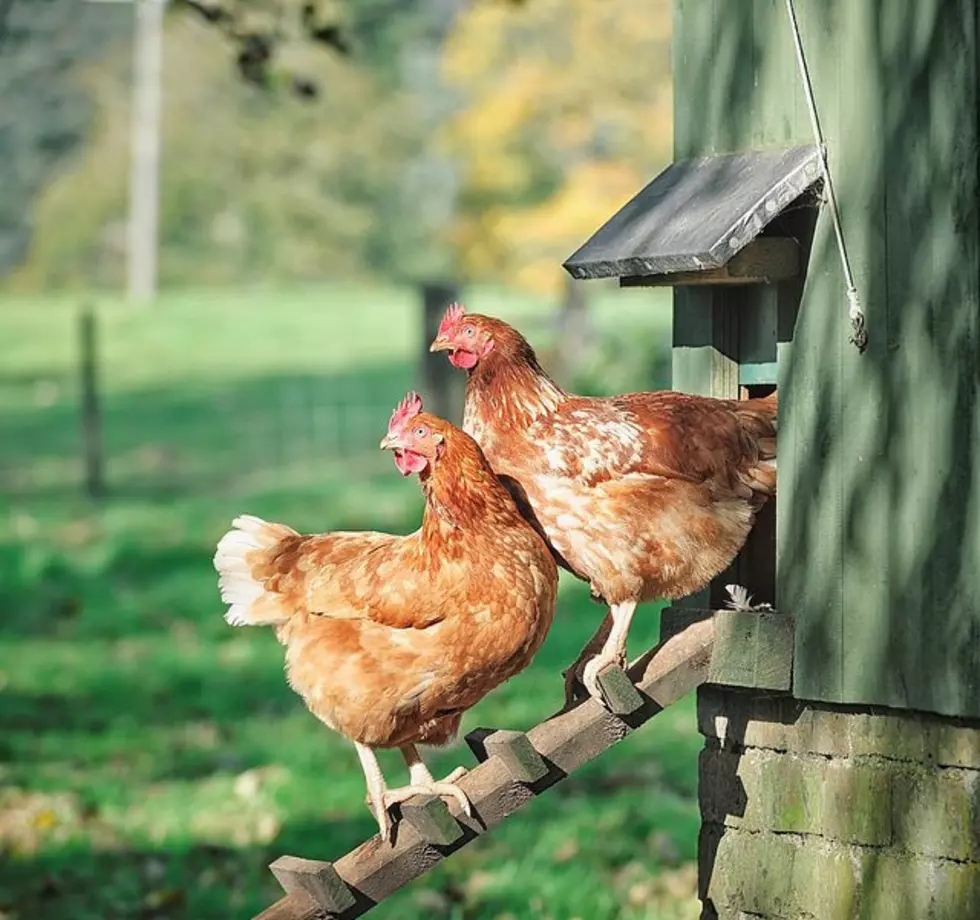
Bird Flu Detected In Washington’s Kitsap, County Suspension Of Poultry Shows Continue
The Washington state Department of Agriculture announced another bird flu case Thursday. A backyard flock in Kitsap County tested positive for highly pathogenic avian influenza on June 29th. Kitsap is the 11th county with bird flu detected in domestic flocks, with 27 infected flocks statewide. All infected flocks have had contact with wild waterfowl, which are known to transmit the virus without showing symptoms.
The WSDA said protecting uninfected flocks includes continuing to avoid fairs, exhibitions, poultry auctions, and on-farm sales until at least 30 days after the last detection. And, biosecurity on the farm remains a priority.
“It’s devastating for owners and our veterinarian alike. A fair or exhibition could be a venue to spread the virus that could result in the death of all birds that attend the fair,” Dr. Amber Itle, Washington state veterinarian said. “Although it is disappointing, we need to continue to take enhanced steps to protect our domestic flocks as long as we continue to have HPAI detections in the state.”
The unseasonably cold, wet conditions have changed migration patterns of migratory birds and because of that, the virus continues to persist in the environment, state veterinarians believe.
If fairs choose to resume before the recommended time, Dr. Itle says enhanced biosecurity is critical to protecting poultry flocks from the accidental introduction of HPAI into your fairs. Please consider these additional biosecurity precautions to prevent infection as you resume exhibitions:
- Stagger show times and days for gallinaceous birds (chickens, turkeys, guinea fowl) and waterfowl (geese, ducks, swans).
- Show the vulnerable species first (gallinaceous) for first few days, send them home, clean and disinfect the cages, and then bring in waterfowl for exhibition the second half.
- Birds should be kept in individual cages and commingling of birds should be avoided at all times.
- Sick birds should be denied entry, sent home, and the state veterinarian should be notified on the sick bird hotline 1-800-606-3056.
- Signage about avian influenza risks and signs should be posted.
If your flock experiences sudden death or illness of multiple birds, call WSDA’s Sick Bird Hotline at 1-800-606-3056. Birds that have already died should be double-bagged and kept in a cooler on ice until WSDA veterinarians can arrange for sampling. Do not allow scavenger birds access to dead domestic birds as this can further spread the virus.
If you have a story idea for the PNW Ag Network, call (509) 547-1618, or e-mail glenn.vaagen@townsquaremedia.com
More From PNW Ag Network
